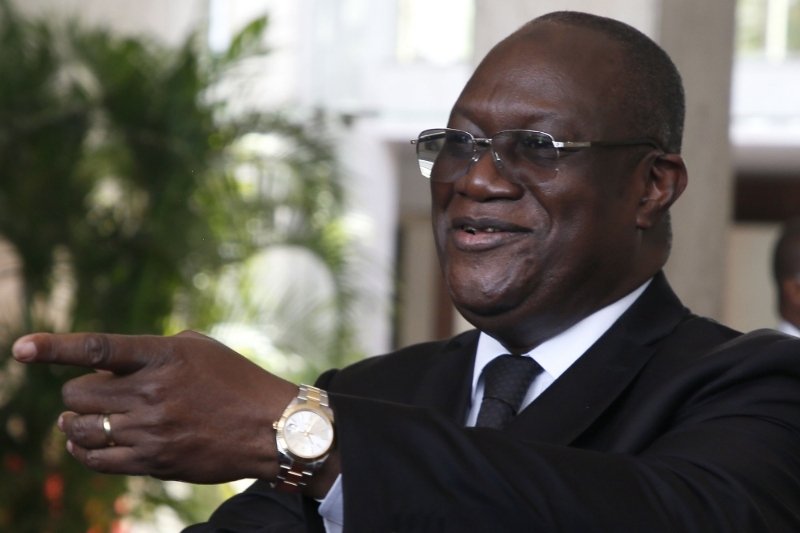An assault by unidentified gunmen has left four villagers dead and one person missing in northeastern Ivory Coast near Burkina Faso, the Ivorian army confirmed Tuesday. It is the country’s first deadly cross-border-style attack in nearly four years, reigniting concerns over insecurity spreading from the Sahel into coastal West Africa.
Ivory Coast shares almost 600 kilometres of frontier with Burkina Faso, where jihadist factions have destabilised vast swathes of territory. The porous boundary has long been a weak spot, raising fears that violence could creep southwards, as seen in Benin and Togo, where militant strikes have grown more frequent.
The latest assault took place in Difita, a small village just two kilometres from the Burkinabe border, during the night between Sunday and Monday, according to the Ivorian army’s chief of staff, General Lassina Doumbia. In his statement, he said the toll included “four farmers killed, one resident missing, a woman seriously burnt”. Several huts were torched, and livestock stolen.
Authorities noted that the attack bore hallmarks of reprisals. A government source suggested that villagers may have been “suspected of bringing support to Burkina Faso’s Volunteers for the Defence of the Fatherland”. The Volunteers for the Defense of the Fatherland (VDP), a civilian militia backing the Burkinabe army in its anti-jihadist fight, has frequently faced accusations of human rights violations against ordinary civilians.
The Ivorian army confirmed that both air and ground units were swiftly deployed to track the perpetrators. However, the attackers fled before the reinforcements reached the site.
Violence Spills Over Sahel Conflicts
The tragedy in Difita is not the first sign of Ivory Coast being drawn into the regional turmoil. In June 2020, a deadly strike on an outpost in Kafolo killed 14 soldiers, while another incident in March 2021 claimed two more Ivorian troops.
Clashes often occur just beyond the border between jihadist fighters and Burkina Faso’s VDP militias, underscoring the fragile security of the frontier. With boundary lines loosely demarcated, traffickers and armed groups move easily across both sides, exploiting the weak oversight.
Earlier this month, Defence Minister Tene Birahima Ouattara publicly recognised the scope of the threat. “The situation is worrying but under control,” he told the state daily Fraternité Matin, signalling vigilance amid mounting risks.

Relations between Abidjan and Ouagadougou remain tense following the 2022 coup that propelled Captain Ibrahim Traore to power in Burkina Faso. Since then, the neighbours have traded accusations of interference, with Traore alleging that Ivory Coast shelters his political opponents.
For more than a decade, Burkina Faso has endured relentless attacks by jihadist groups linked to both Al-Qaeda and the Islamic State. Thousands have been killed, and millions displaced, turning the country into one of the epicentres of global militant violence.
Ivory Coast, by contrast, has largely been spared large-scale militant activity, though its vulnerability has been highlighted since its first major jihadist strike in March 2016. That incident, carried out in Grand-Bassam, killed 19 people in a seaside resort near Abidjan.
Now, with armed incursions once again reaching Ivorian villages, the threat of the Sahel’s instability spreading further south feels more immediate. Security analysts warn that without strengthened cross-border coordination, coastal states risk becoming the next frontline in West Africa’s long fight against insurgent groups.
READ ALSO: Adomako Kissi Urges NPP to Focus on Facts, Not Tribalism





















